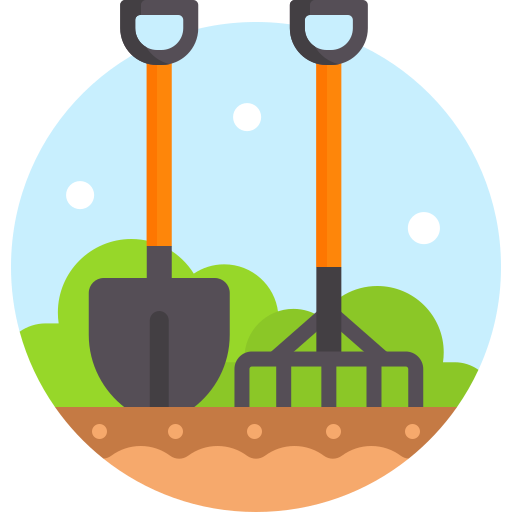- cross-posted to:
- [email protected]
- cross-posted to:
- [email protected]
Our retention pond in our neighborhood has a lot of algae and problematic plant growth due to the surrounding farms and lawn runoff, so we’re experimenting with a floating island to pull nutrients out before they can cause problems. This will also provide some interesting flowering plants, and more fish habitats.
Will be an interesting experiment to see what survives and what does poorly.
Zinnias, sunflowers, marigolds, and a few others are in net pots, inserted into cutouts in EVA foam mats.
Design is from:
http://www.beemats.com/
More reading:
https://arstechnica.com/science/2024/02/flowers-grown-floating-on-polluted-waterways-can-help-clean-up-nutrient-runoff/
https://www.sciencedirect.com/science/article/pii/S2666765723000637?via%3Dihub


For soil rejuvenation you mulch it back into the soil for compost I thought, you can’t do that if you’re using it for remediation to pull stuff out of the soil as you would be just be putting it right back in again.
You are correct but I think hemp is similar to clover in that there is some symbiotic relationship with other organisms that help rejuvenate the soil even if you don’t mulch it back it in. I could be wrong here but I know that plenty of farmers grow hemp between other crops and likely don’t “waste” it by mulching it back in.
If you are looking to pull bad stuff out of water, I’d think that growing anything that would hold onto the bad stuff as it falls to the bottom of the river or lake and stores it there would be a solution as well as harvesting and transporting it elsewhere.
There would be some benefits to growing hemp, but in our situation, it wouldn’t apply. We aren’t looking to add nutrients to the water, we’re looking to remove it.
We aren’t concerned about other toxins that the hemp would absorb, so while it might be useful in some areas with more industrial pollution, it doesn’t apply to this project.
Cannabis can be used for rejuvenation and remediation, it pulls out toxins and nutrients, but can also add nutrients. It can do anything, it’s just how it’s used, so yes it could maybe apply to your project.